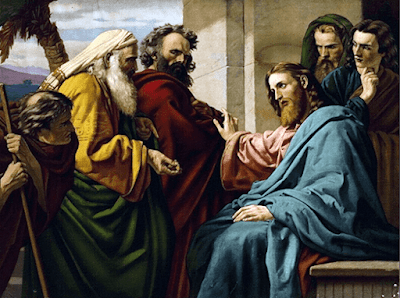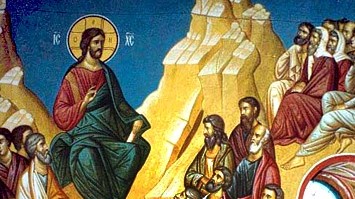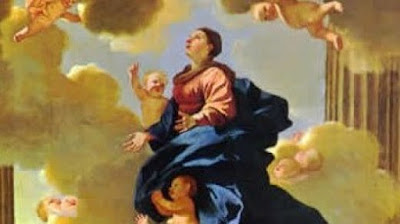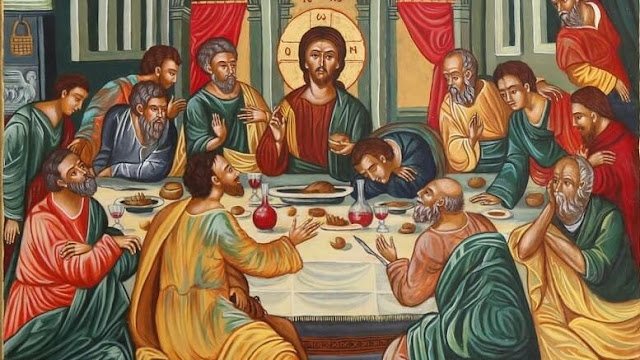Homily 23rd Sunday in Ordinary Time, September 5, 2021, Year B
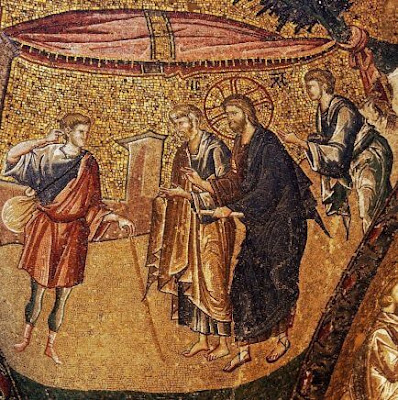
Fr. René J. Butler, M.S. La Salette Missionaries of North America Hartford, Connecticut ( Click here for Sunday’s readings ) When it comes to stories about what Jesus did, Mark’s Gospel is usually the most interesting because he gives the most detail, not leaving a lot of room to the imagination. Today’s passage is something of an exception. This has the advantage of allowing us to do some creative listening, to embroider on the text. We might embellish various parts of the story. What else did Jesus say to the man as he led him away from the crowd? Who was allowed to accompany him? Why did the evangelist record the word of healing in the original Aramaic language? Why didn’t Jesus want anyone to know what he had done? But let’s take just one example. Put yourself in the place of the man whose hearing and speech has just been restored by Jesus. Now that you can say something, do you have anything to say? What are the first words out of your mouth? Presumably they would be ent
